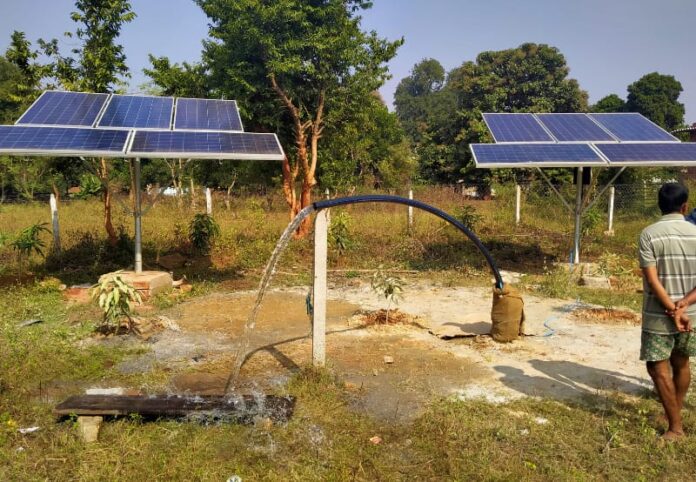REA electrifies 5 million Nigerians, to expand access with $395m under NEP
Story from Abah ADAH, Abuja
The Rural Electrification Agency (REA) has disclosed that it has signed 267 agreements worth about $395 million to provide electricity for unserved and underserved Nigerians under the Nigeria Electrification Projects (NEP).
The agency said the NEP programme, which is funded by a $350 million World Bank loan and a $200 million loan from the African Development Bank (AfDB) has so far provided electricity for five million.
READ ALSO: Electricity consumers in Nigeria paid N258.9bn in 7 months
The Nigerian Rural Electrification Agency (REA) is the Implementing Agency of the Federal Government of Nigeria (FGN) tasked with the electrification of rural, unserved, and underserved communities.
In a statement issued, the agency said about $64.8 million of the commitments have been disbursed to private sector partners for the execution of the projects.
REA Managing Director, Engr Ahmad Salihijo Ahmad, told journalists in Abuja that the programme is expected to provide off-grid reliable and clean electricity supply to 705,000 households, 90,000 micro, small and medium enterprises, 100 isolation and treatment centres and 400 primary healthcare centres in unserved and underserved areas of the country.
Engr Ahmad explained that over the years, REA had moved from just being an implementer of the federal government’s projects in the sector to becoming a hub and enabler of business in the sector.
He said the agreements signed with private developers had led to over a million connections across the country.
According to him, “REA has the mandate of taking power to unserved and underserved Nigerians. How it goes about doing this depends on where the funding comes from. According to the rural electrification strategy plan, we have targets to reach Nigerians everywhere in the country and the numbers at the moment are being quoted to be as high as 80 million people”.
He noted that to achieve this, a lot of funding was required and “what we are used to doing is every year we wait and get government’s money from the budget, go to the site and then implement the projects. However, if you are to do this for the next 100 years, you will not be able to meet those targets hence it became important for the agency to ensure that its mandate does end at implementation”.
He explained that with the Rural Electrification Fund (REF), which is a private sector-driven initiative, REA became a hub and enabler to ensure that funding comes from different areas to enable it to deliver on its mandate.
“Now government money is used as an enabler to attract private investment. For instance, for REF, you have a capital subsidy where if a project cost N100 million, that subsidy will come in at maybe 50-60 per cent and the private developer will come up with the rest of the money, deliver the service to the community and go into an agreement with the community for the rest of the money”.
Giving a breakdown of the NEP programme, Anita Otubu, explained that the project had five components including a solar hybrid mini-grid ($213m), standalone solar home systems ($75m), energizing education programme ($250m), energy-efficient equipment and productive use of appliances ($20m) and technical assistance ($37m).
Otubu disclosed that so far 67 mini-grids had been completed with 995,396 solar home systems deployed, adding that so far 1,151 jobs have been created.
Follow the Neptune Prime channel on WhatsApp:
Do you have breaking news, interview request, opinion, suggestion, or want your event covered? Email us at neptuneprime2233@gmail.com






